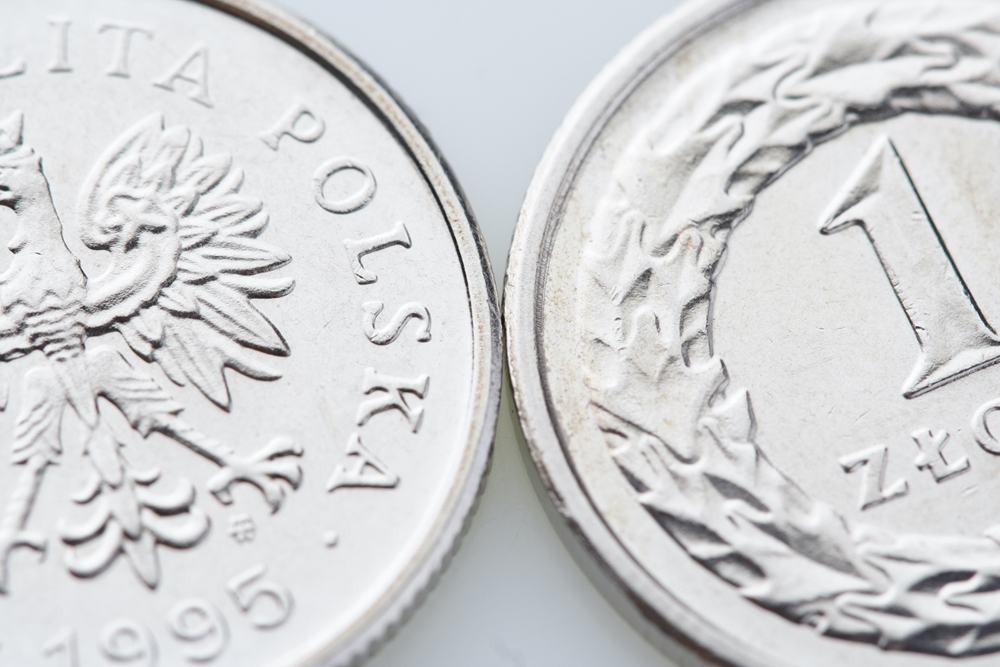The decision taken on Tuesday by the Monetary Policy Council to raise interest rates in Poland by 75 basis points is designed to mitigate the risk of rising inflation, the National Bank of Poland (NBP) head Adam Glapiński has confirmed.
Since October 2021, the Council has increased the reference rate by a total of 340 basis points across six consecutive meetings. After the most recent increase, the reference rate reached 3.5 percent, which is the highest it has been since the start of 2013.
Glapiński stated that Poland was still feeling the effect of the previous economic shock caused by the Covid-19 pandemic, and subsequently now has to manage the economic impact of war in neighboring Ukraine, due to which forecasts are now predicting even higher inflation rates.
In context of the war which has reflected on the Polish Zloty’s exchange rate, Glapiński declared that “the foundations of the Polish economy are strong” and explained there had been no signs of crisis. “The pressure on the zloty weakening has no justification in Poland’s strong economic foundations,” he added.
He assured that in time, the Polish currency’s exchange rate would normalize, but said he understood investor hesitancy when taking into account the geopolitical landscape of Poland and the conflict on its door step, which are both factors out of the bank’s control.
The head of the Polish central bank also assured that there was no reason for panic in Poland when it came to paying out cash from ATMs and banks.
Additionally, Glapiński stated that the inflation rate in Poland may decrease if the prices of energy resources around the world decrease, as they have led to higher prices on food, for example. He announced that the central bank would also continue increasing interest rates to combat rising inflation.
Regarding sanctions being justly imposed on Russia, the head of the NBP noted that as of yet it was difficult to foresee the exact impact that will be had on markets.






